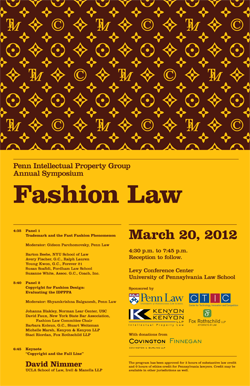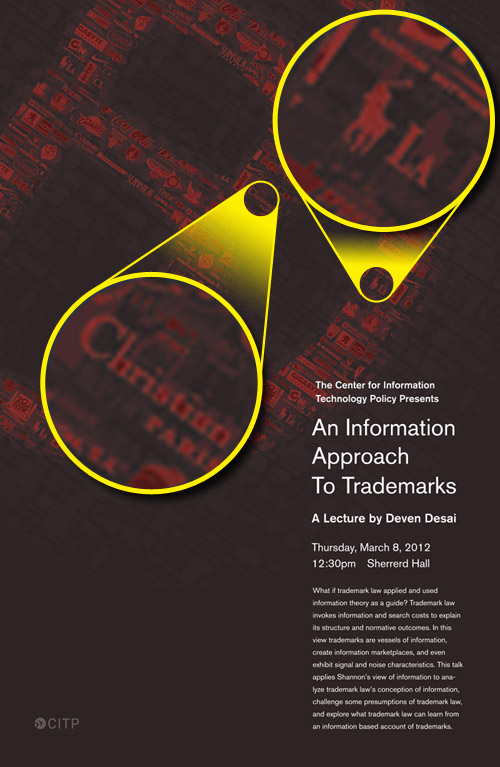Today, I submitted public comments to the CA/Browser Forum. CA/B Forum is an industry group started by Certificate Authorities — the companies that sell digital certificates to web sites so that your browser can encrypt your communications and can tell you whether it’s connecting to the genuine site. It is important that CAs do a good job, and there have been several examples of Bad Guys getting fraudulent certificates for major web sites recently. You can read the comments below, or download a pretty PDF version.
Public Comments to the CA/Browser Forum Organizational Reform Working Group
March 30, 2012
I am pleased to respond to the CA/Browser Forum’s request for comments on its plan to establish an Organizational Reform Working Group.[1] For more than a decade, Internet users have relied upon digital certificates to encrypt and authenticate their most valuable communications. Nevertheless, few users understand the technical intricacies of the Public Key Infrastructure (PKI) and the policies that govern it. Their expectations of secure communication with validated third-parties are set by the software that they use on a daily basis–typically web browsers–and by faith in the underlying certificates that are issued by Certificate Authorities (CAs). CAs and browser vendors have therefore been entrusted with critically important processes, and the public reasonably relies on them to observe current best practices and to relentlessly pursue even better practices in response to new threats.



